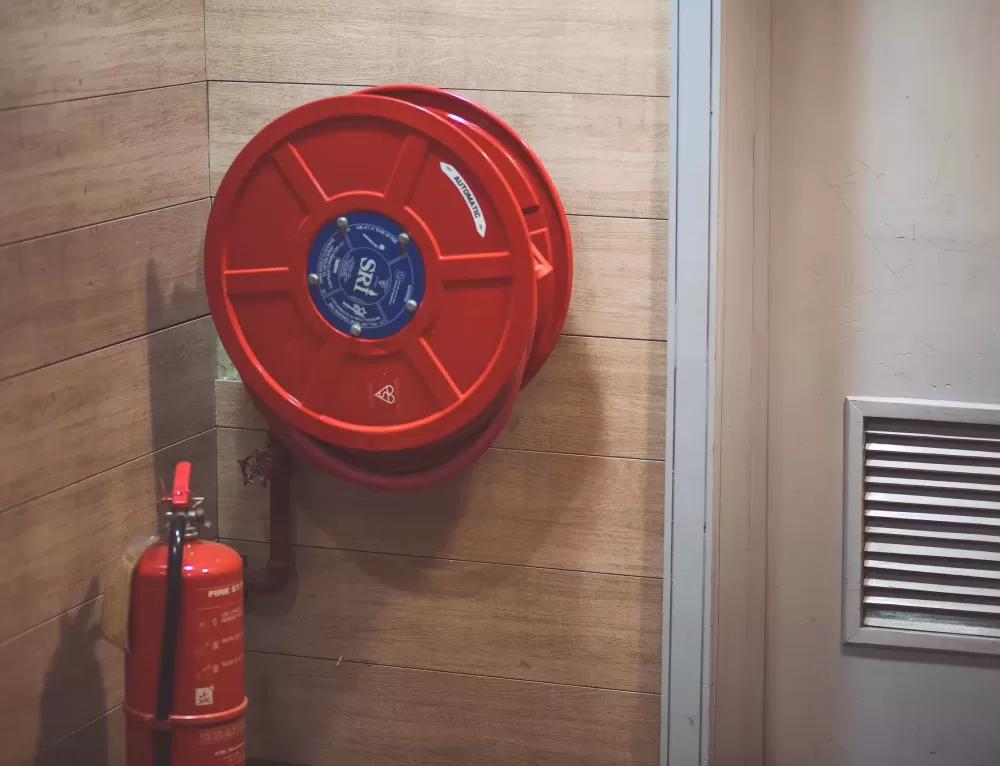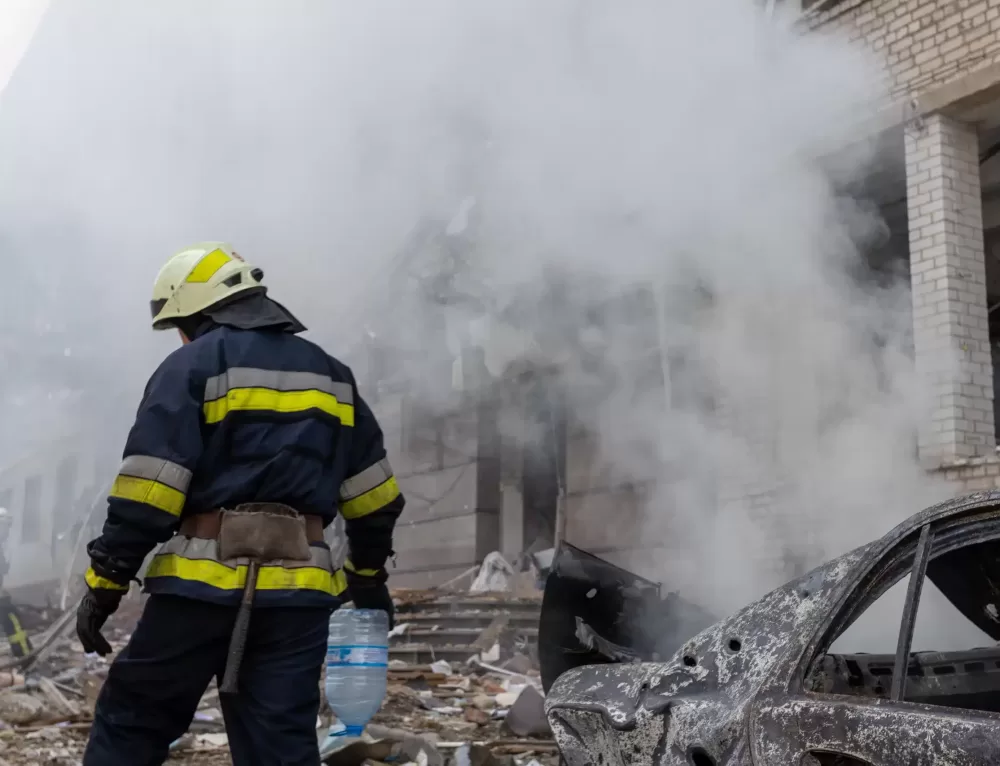Do you smell something burning? It could be a problem with your wires! Faulty wiring can start fires and hurt your family. Let’s learn how to spot it and fix it!
What is Faulty Wiring?
Faulty wiring refers to any damage or improper installation of electrical cables in your home. This can include:
- Overloaded circuits: When too many appliances are plugged into one circuit, it can overheat and damage the wiring.
- Frayed or exposed wires: Damaged insulation on wires can cause sparks and electrical shocks.
- Outdated wiring: Older homes may have knob-and-tube wiring or aluminum wiring, which are no longer considered safe.
- Poor connections: Loose or improperly connected wires can create heat and potential fire hazards.
Warning Signs of Faulty Wiring:
- Tripping breakers: Frequently tripping circuit breakers can indicate overloaded circuits or faulty wiring.
- Flickering or dimming lights: This could be a sign of loose connections or an overloaded circuit.
- Warm outlets or switches: Outlets or switches that feel warm to the touch could be overheating and pose a fire risk.
- Burning smell: A burning plastic or rubber smell coming from your electrical system is a serious red flag.
- Buzzing sounds: Buzzing noises from outlets or appliances could indicate loose connections or faulty wiring.
What to Do if You Suspect Faulty Wiring:
- Don’t ignore the warning signs! If you suspect faulty wiring, turn off the power to the affected circuit at the breaker box.
- Call a qualified electrician. Don’t attempt to fix electrical problems yourself. A licensed electrician can diagnose the issue and recommend repairs or replacements.
- Invest in safety measures. Consider installing GFCI outlets in areas prone to moisture, like kitchens and bathrooms. These outlets can help prevent electrical shocks.
Preventing Faulty Wiring:
- Avoid overloading circuits. Don’t plug too many appliances into one outlet.
- Have your electrical system inspected regularly. A qualified electrician can identify potential problems before they become serious.
- Don’t overload extension cords. Extension cords are meant for temporary use, not as a permanent solution for additional outlets.
- Upgrade outdated wiring. If your home has knob-and-tube or aluminum wiring, consider having it replaced with a safer wiring system.
Remember: Faulty wiring is a serious issue that shouldn’t be taken lightly. By recognizing the warning signs and taking proactive steps, you can keep your home and family safe from electrical hazards.





